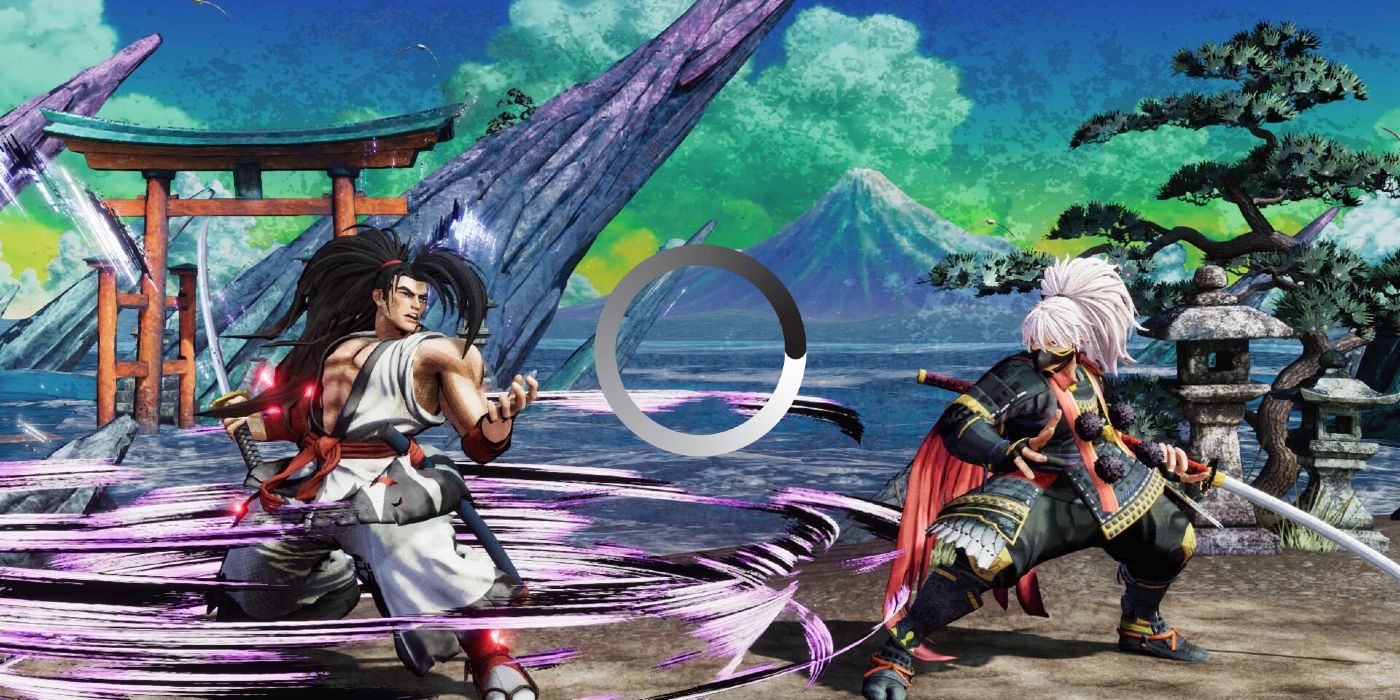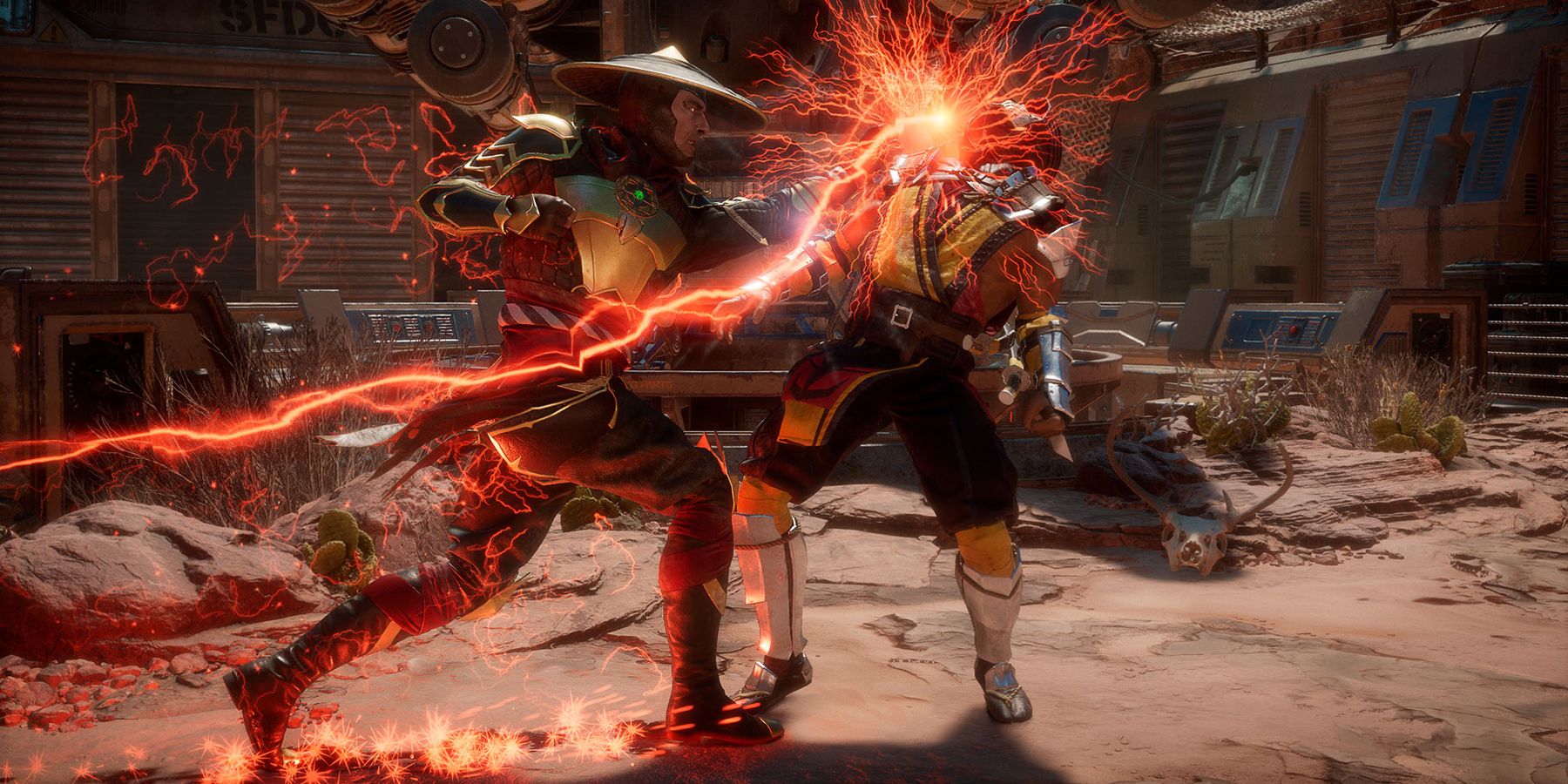While delay-based netcode has long served as a standard for fighting games' online play, rollback netcode has been growing more popular since the creation of GGPO, an application that serves as a matchmaking middle ground for emulated retro fighters. Currently, modern titles such as Street Fighter 5 and Tekken 7 use a variation of rollback netcode in their own netplay, with other previous releases also being updated to implement this popular form of netplay. The ongoing shift from delay-based netcode to rollback offers players more stability in regards to how their chosen game processes their inputs.
Playing video games with players across the world started as a dream and a wish for gamers. The dream became more and more accessible as internet connectivity evolved from the days of dial-up connections. But even with higher-speed internet, the quality of fighting game netplay has struggled to properly benefit from better connectivity and to mask any deficiencies in players' connections. Properly implemented rollback netcode is a fantastic step toward those goals.
Under delay-based netcode, a game's online play will intentionally delay the amount of time it takes for an input to register, compensating for the connection between the players. In fighting games with tight execution barriers, this sort of netcode causes a noticeable disparity between what the player inputs and when it is executed on screen. Rollback netcode takes the inputs as they come on a frame-by-frame basis and "rewinds" the game to get players in sync without delaying the game, with all of the rewinding happening under the game's hood before being applied. What started as a way to conveniently play retro fighting games has quickly become an advancement toward the genre's future.
Why Rollback Netcode Matters For Fighting Games
Rollback netcode has proven itself through its implementation in older titles. The GGOP-equipped FightCade platform continues to provide an open door for retro fighting games to see new life, while some older fighting games not available on FightCade receive official netcode updates. Games such as Guilty Gear XX Accent Core +R, for example, are being updated with fully functional rollback netcode, along with other standard features such as spectating and lobbies. In GGXXAC+R's case, an old game with new netcode was able to rival and even surpass its modern-day contemporaries, as reported by EventHubs.
NetherRealm Studios has been ahead of the game with its modern titles, with the company updating Mortal Kombat X in 2016 and replacing its netcode with rollback netcode. While Street Fighter 5 and Tekken 7 had rollback netcode since launch, its implementation in both games has been met with a mixed reception among players. Tekken 7's Season 4 update improved its rollback netcode, bringing it up to the standard set by the retro titles. With proper rollback netcode, the fighting game communities fragmented by distance can be more connected than ever.
With the COVID-19 pandemic still affecting the globe and halting in-person fighting game tournaments, players are looking for ways to play with their friends that don't involve risking exposure at a local venue. Current circumstances have highlighted the importance of high-quality netcode, as lockdowns prevent players from gathering and force a shift of tournaments to online spaces. As games struggle with delay-based netcode and the inherent problems it can cause, an industry-wide shift to a rollback netcode standard looks to be a promising step for the future of fighting games.


